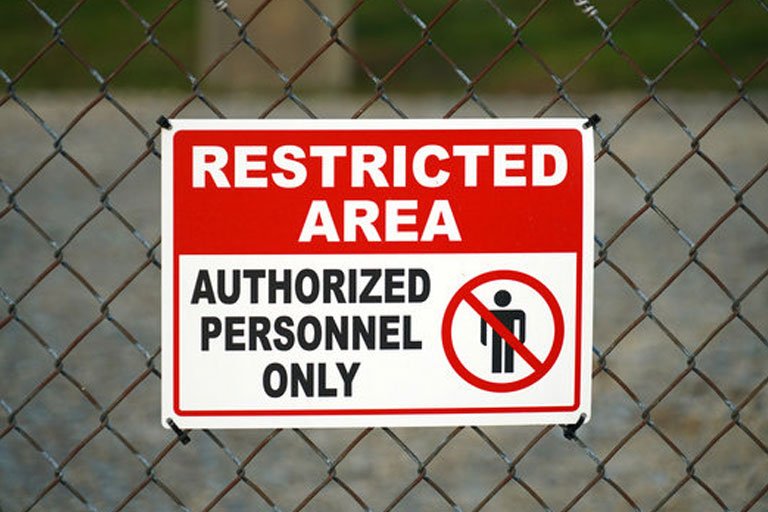Real Estate Restrictions for Foreigners in Turkey Guide 2024
Saad Sheikh
May 14, 2024

1. Introduction
Turkey, with its captivating blend of Eastern and Western influences, has long been a magnet for international real estate investors. From the bustling streets of Istanbul to the sun-drenched coasts of the Aegean and Mediterranean, this transcontinental nation offers a diverse array of investment opportunities. However, as with any foreign market, navigating the intricacies of Turkey’s real estate landscape can be a daunting task, especially when it comes to understanding the restrictions and regulations that govern property acquisition by foreigners.
In this comprehensive guide, we’ll delve into the nuances of investing in Turkish real estate, shedding light on the legal frameworks, zoning regulations, and special considerations that foreign buyers must keep in mind. Whether you’re a seasoned investor or a first-time homebuyer, this article will equip you with the knowledge and insights necessary to make informed decisions and unlock the full potential of your investment in Turkey.
2. Understanding the Reciprocity Principle
One of the fundamental principles governing foreign property ownership in Turkey is the concept of reciprocity. This means that the Turkish government allows citizens of countries that grant similar rights to Turkish nationals to purchase real estate within its borders. Essentially, the playing field is leveled, ensuring that foreign buyers from eligible nations can participate in Turkey’s thriving real estate market on an equal footing.
3. Navigating the Approval Process
Before embarking on your property search, it’s crucial to understand the approval process required for foreign buyers. The Turkish government has implemented a streamlined system to facilitate the acquisition of real estate by non-Turkish citizens. This process typically involves obtaining a tax number, opening a local bank account, and securing the necessary approvals from the relevant authorities, including the military and land registry offices.
4. Exploring Permissible Property Types
- Residential Properties
- Commercial and Mixed-Use Developments
- Land Acquisitions


5. Navigating the Buying Process
- Obtaining a Tax Number and Bank Account
- Conducting Due Diligence
- Securing Necessary Approvals
6. Navigating Restrictions and Regulations
- Military and Strategic Zones
- Land Ownership Limitations
- Compliance with Building Regulations
7. Conclusion
Turkey’s real estate landscape presents a compelling proposition for foreign investors, offering a unique blend of cultural richness, economic dynamism, and investment potential. However, navigating the intricacies of property acquisition and understanding the applicable restrictions and regulations are crucial for a successful and rewarding investment journey.
By familiarizing yourself with the reciprocity principle, exploring the diverse range of permissible property types, and engaging with local experts, you can unlock the full potential of your real estate investment in Turkey. Remember, thorough research, diligent due diligence, and a strategic approach are the keys to mitigating risks and maximizing your returns in this vibrant and ever-evolving market.
As you embark on your Turkish real estate adventure, embrace the opportunity to immerse yourself in the country’s rich heritage, enjoy its captivating lifestyle, and build a solid foundation for your long-term financial goals. With the right knowledge and guidance, your investment in Turkey can become a rewarding and transformative experience.
